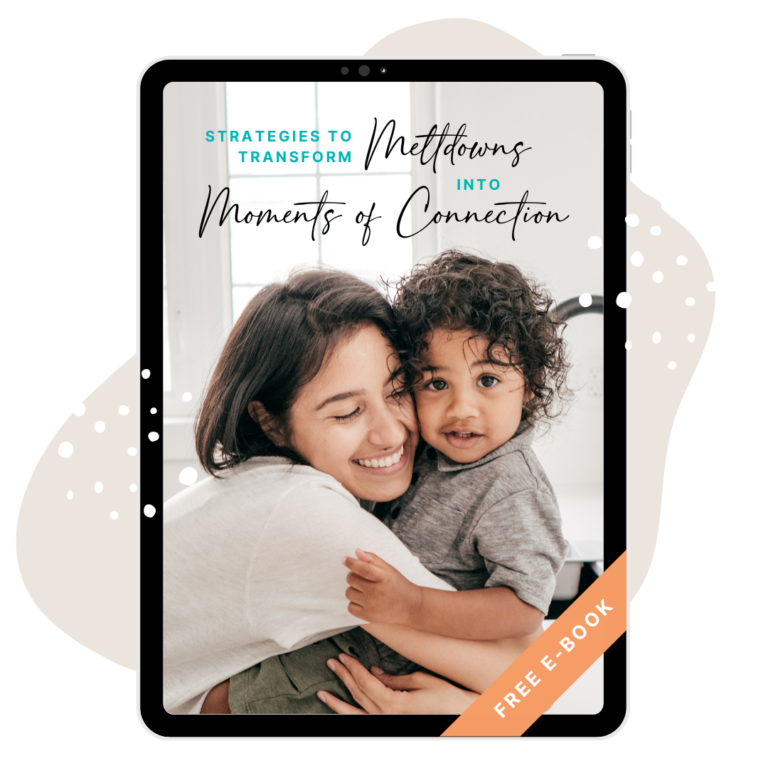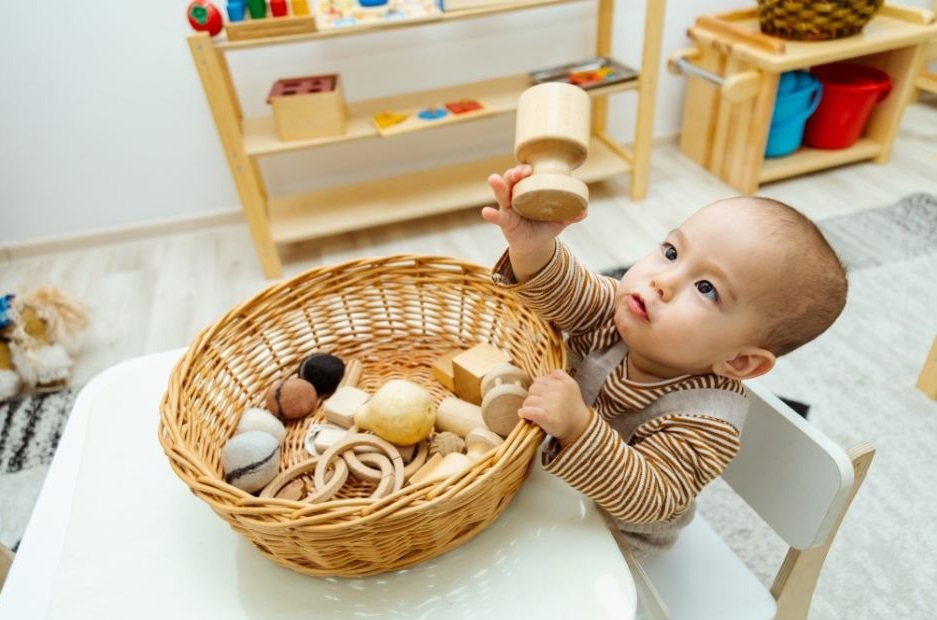No! Don’t do that! Don’t touch that! No! Stop! Enough! No! NO! I SAID NO! – Sound familiar?
The N word that gets us fired up and our children even more so! Why do they just want to push our buttons, why can’t they listen when we say NO the first time?
Well, I’m here to explain a few things about saying NO and some alternatives that may help in those moments of frustrations to positively guide your child in the right direction. Children move through a stage of autonomy where sometimes they say no themselves for the sake of it, to assert their independence and sense of agency. In plain English, it’s all about me!
They want to feel like they are in control and have the ability to assert and make decisions. Also, they are discovering who they are in the world around them and learning about boundaries. This can start in early toddlerhood or even around 9 months!
Discover practical, easy-to-implement strategies to gently navigate your child’s emotional outbursts, while maintaining your own sense of calm.
Sometimes children say no just because! They really don’t even mean it but just like to say it anyway. We often catch ourselves saying NO and stop etc as a quick fix for the situation at hand, however it doesn’t seem to work or get our children to cooperate. In fact, they often do the EXACT OPPOSITE!
So how do we navigate this very delicate situation and turn it around so we don’t sound like a broken record and our children hear what we have to say?
- Acknowledge feelings and use descriptive language to explain the NO: “You JUST want a chocolate, these chocolates stay on the shelf, you can push the trolley or help me put this in, you choose”.
- Make it impersonal: Give them information, “The table isn’t for climbing”, “The jug isn’t for throwing” etc so you are not blaming the child for the behaviour but just stating facts (remember they are just learning too), that way they are less likely to take it personally and engage cooperation.
- Don’t say Don’t: Tell a child what they CAN do, instead of can’t. So, for example instead of saying “Don’t climb the table” We state, “Tables are not for climbing, if you’d like to climb you can climb the stairs or the climbing frame outside, you choose”. So, offer the child a choice and tell them what they CAN do instead.
These strategies will help you to guide your children in a way that engages cooperation without you having to use negative language all the time. Our children become more attentive and it will make for more peaceful parenting moments, whilst building their skills on how to self-regulate and understand healthy boundaries.






